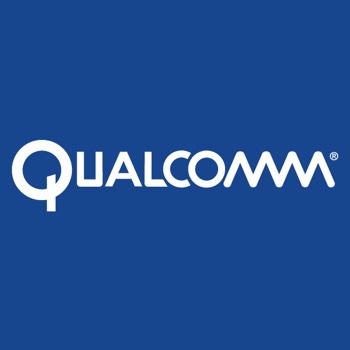Recode reports the despite a $1 billion lawsuit filed by Apple, and an FTC action related to its dealing with the Cupertino firm, chipmaker Qualcomm will continue to supply modems and other components to Apple.

While Apple uses its homegrown processors to power the iPhone, it relies on modem chips from Qualcomm, especially in the U.S., where rivals don’t support technologies used by Sprint and Verizon. With the iPhone 7, Apple began using modem chips from Intel as well, though those chips only work with the types of networks used by AT&T and T-Mobile.
Qualcomm requires those that want its chips to also have a license to its underlying cellular patents. However the sources note that the company hasn’t cut off chip supplies in the past, even when there were disputes over patent licensing.
While Qualcomm is expected to file a countersuit against Apple, it will continue to supply components to the Cupertino-based device maker. This should come as no surprise, as that is normally how it works in the electronics world of frenemies. Apple and Samsung have been waging a continuing patent battle in the courts for years, yet the South Korean electronics firm continues to supply components to Apple for use in its devices.
While any company will of course fight in court to clear its name and prevent paying out a large settlement or fine, at the same time, it can’t afford to lose any business, even from a legal opponent.
Apple on Friday sued Qualcomm for roughly $1 billion, saying Qualcomm has been “charging royalties for technologies they have nothing to do with.” The suit came on the heels of a U.S. Federal Trade Commission lawsuit against Qualcomm over unfair patent licensing practices, which alleges that the company forced Apple to buy wireless chips in exchange for better royalty rates.
Apple also alleges that Qualcomm has taken “radical steps,” including “withholding nearly $1 billion in payments from Apple as retaliation for responding truthfully to law enforcement agencies investigating them.”
Qualcomm fired back at Apple earlier this week, saying the iPhone maker’s allegations are “baseless.” The company accuses Apple of provoking regulatory attacks in both the U.S. and South Korea.


